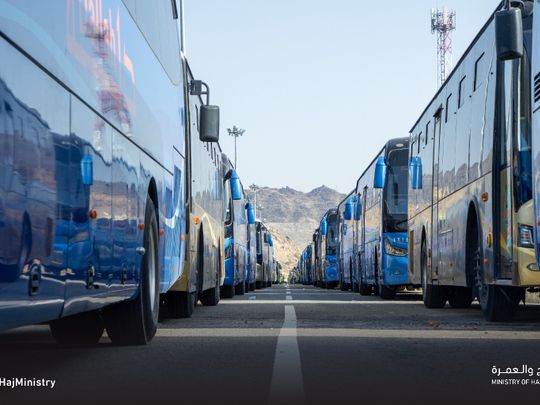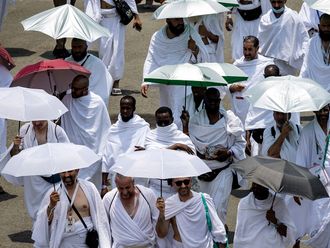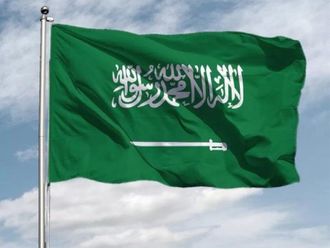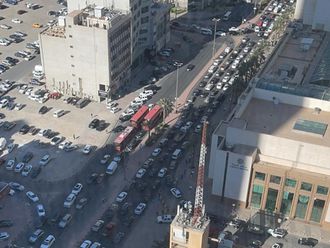
Cairo: Saudi authorities have requested companies responsible for accommodating domestic pilgrims to finalise preparing camps for the upcoming Islamic Hajj season by early next month, as preparations are in full swing in the kingdom for the annual rites.
The kingdom’s Ministry of Hajj has stressed the necessity of completing preparation works at the camps before the deadline set for the 15th of the current Islamic month of Dhul Qa’dah corresponding to June 4, and addressing any problems that may crop up before the arrival of pilgrims.
Service providers for pilgrims, who are residing in the kingdom, are in the process of preparing their camps at the holy sites in the run-up to Hajj due this year in the final week of June.
The companies responsible for these camps are ensuring they are fitted with all amenities and emergency exits in compliance with safety standards overseen by the General Directorate of Civil Defence in conjunction with other competent agencies such as the Ministry of Hajj and the Royal Commission for Makkah City and Holy Sites.
A registration deadline for Muslims residing in Saudi Arabia, wishing to perform Hajj for the first time, ended early last month as the pre-epidemic numbers of pilgrims from inside and outside the kingdom will return at this year’s pilgrimage.
Registration afterwards opened for Saudis and expatriate residents who performed Hajj at least five years ago until the slots are filled.
In January, the Saudi Ministry of Hajj announced opening electronic registration for Saudi citizens and Muslim expatriates living in Saudi Arabia who want to perform Hajj.
The ministry has unveiled four packages for domestic pilgrims with costs ranging from SR,3984 to SR11,841.
The ministry has also said domestic pilgrims can pay fees of Hajj for this year’s pilgrimage in three instalments, not in one go as was the case before.
Saudi Arabia has said there will be no limits on the numbers of pilgrims from around the world for upcoming Hajj, reversing earlier restrictions prompted by the COVID-19 pandemic.
In the past two years, Saudi Arabia downsized the numbers of Muslims allowed to perform Hajj to prevent spread of COVID-19.
Around 2.5 million Muslims used to attend Hajj annually in the pre-pandemic times.
Hajj is one of Islam’s five obligatory duties. Muslims, who can physically and financially afford Hajj, have to perform it at least once in a lifetime.







